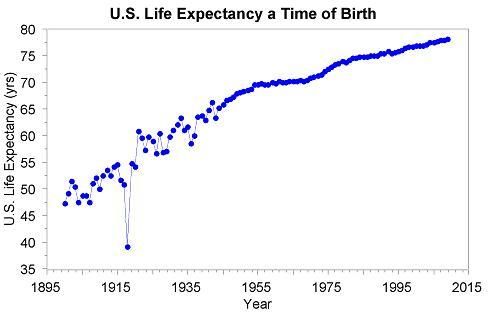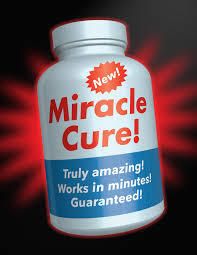 Life Extension Is Kinda...Dumb
Life Extension Is Kinda...DumbThe cover of Time magazine 3/2/15 features an Anglo baby (so remarkably cute one wonders whether...
 The 10 Best Obesity Books. Ever.
The 10 Best Obesity Books. Ever.In the spirit of year end top 10 lists, but not restricting myself to 2015, I offer the following...
 Cholesterol Treatment Gets Complicated
Cholesterol Treatment Gets Complicated“Is my cholesterol too high?” may become an irrelevant question.There was a time when the total...
 Poor Food Choices Are Rational
Poor Food Choices Are RationalWhy do we eat stuff that's bad for us when our stated aim is to lose weight or "get in shape?"...






